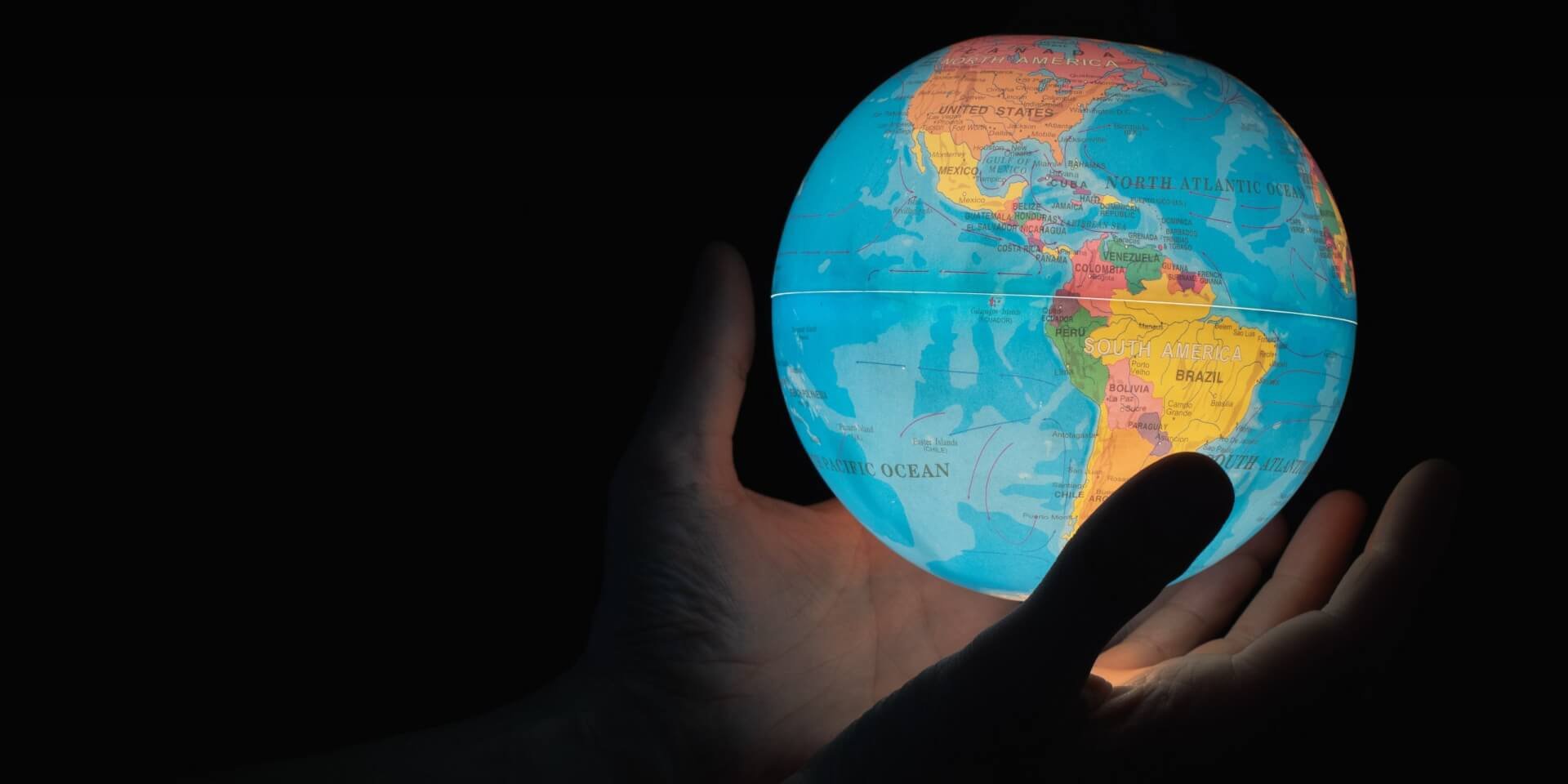
Organized by the Montpellier Advanced Knowledge Institute on Transitions (MAK’IT), in collaboration with the South Centre, this event aims to provide a space for dialogue between scientists, decision-makers and other actors involved in the management of crisis, such as the current COVID-19 pandemic.
Discussions among eminent specialists will address new crisis scenarios related to health, environment and agriculture in their different dimensions, examine the complex science-policy-public interactions at play, and the role of science and scientists in the search for sustainable and long-lasting solutions for crisis resolution.
Event Organization
The event is divided into three panels, each of which hosts a different set of expert panelists:
🔹 Panel 1: New Crises, new roles for science and scientists?
The COVID-19 pandemic, with its highly interconnected, complex and cascading effects, has demonstrated the need for a new approach to science in times of crisis and has ushered in a new awareness for scientists as key players in the participatory frameworks that provide transformative solutions and resilience to crisis conditions. Systems thinking, transdisciplinarity, evidence-based policy design, truth- and trust-based communication, democratization of science, and the need to strengthen the links between scientists, the society and decision makers have been recently high on the global agenda.
What have we learned? Can we anticipate future crises? Can we build transformative solutions and avoid clear paths to failure? This discussion will focus on the novel nature of crises – transversal, multifaceted, transboundary and illustrated by new scientific concepts such as the one of ‘Planetary Health’. It will question ‘all-encompassing science’ models and debate the role of scientists in deciphering the dynamics at work, understanding spin-offs and synergistic effects among sectors as well as the differences in contexts and perceptions, to guide the adoption of the best possible decisions.
🔹 Panel 2: Science-Policy-Public interaction in crisis times: what kind of organisation model?
Vertical figure of the ‘Prince’s advisers’ and spectre of the ‘government of experts’, uncertainty management and resort to the precautionary principle, scientific data vs. actionable information and its accessibility to the average citizen, unpopularity of some decisions taken under cover of scientific justification: all challenge the role of science in crisis management and its relation to the policy and public spheres. In the foreground are the urgent questions raised in many countries about how science is organized, how it is communicated, perceived, consulted, funded, delivered and accessed, and more globally, discussions about science and technology as ‘post-geopolitical’ domains.
How can policy crisis management and scientific approach articulate themselves? How is the expertise mobilized in crisis times then appropriated by citizens and how does it impact on public opinion and behavioral change? And in turn, which responsibilities for citizens in this new type of crisis-related science? Proper science – policy- public partnerships and synergies are required to address such questions and issues. This panel will expose some possible organisational models that are being proposed for access to science and innovation, at both local, national and global levels and taking into account divergent views and visions.
🔹 Panel 3: Scientists in crisis? Keys to navigate an intricate landscape of requests
New crises have spurred the transformation of scientific practices towards more inter-/trans-disciplinarity, more internationalization, more openness and better communication to outside audiences. Scientists are asked to re-evaluate themselves and the way they interact with actors outside of the scientific realm.
The result of this transformative process will prove fundamental to face future crises. Many scientists remain however puzzled as they try to navigate this new landscape. The questions that arise are not trivial, ranging from the development of a professional profile that satisfies the requested multiplicity of roles, to the way scientific institutions reward or penalize polyvalence. This panel intends to analyse and debate what some have called ‘the next world in science’, in the light of health, environmental and agri-food crises and their impacts on global transitions at play.
Image by Greg Rosenke on Unsplash